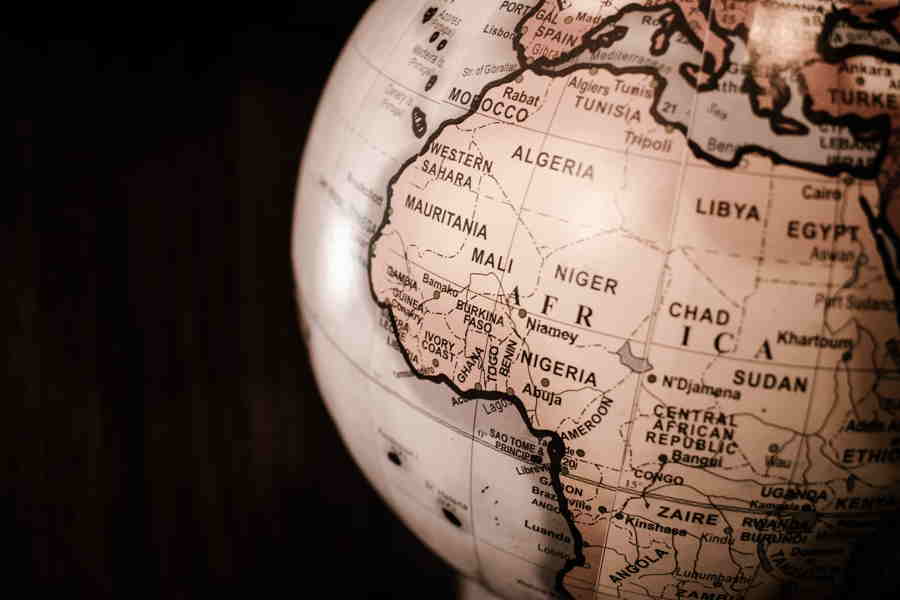Africa: sequence 100,000 species to safeguard biodiversity
By ThankGod Echezona Ebenezer et al.,
Nature
| 03. 15. 2022
Image by James Wiseman on Unsplash
Sleeper fish (Bostrychus africanus) are a staple food in West Africa. Harvesting them provides an important source of income for hundreds of communities across the Gulf of Guinea in the Atlantic Ocean. Yet little is known about the genetics of this fish — information that is crucial to safeguarding its genetic diversity, and to enhancing its resilience in the face of climate change and other pressures.
This situation is all too familiar across Africa. Consider orphan crops, which have a crucial role in regional food security, even though they are not typically traded internationally. More than 50% of these have not had their genomes sequenced — from the fluted pumpkin (Telfairia occidentalis) to the marama bean (Tylosema esculentum). The same is true of more than 95% of the continent’s known endangered species (see ‘Africa’s neglected genomes’).
What’s more, by our estimate, around 70% of the 35 or so projects that have focused on studying, conserving or improving biological diversity in Africa over the past 15 years have been...
Related Articles
By Scott Solomon, The MIT Press Reader | 02.12.2026
Chris Mason is a man in a hurry.
“Sometimes walking from the subway to the lab takes too long, so I’ll start running,” he told me over breakfast at a bistro near his home in Brooklyn on a crisp...
By Diaa Hadid and Shweta Desai, NPR | 01.29.2026
MUMBRA, India — The afternoon sun shines on the woman in a commuter-town café, highlighting her almond-shaped eyes and pale skin, a look often sought after by couples who need an egg to have a baby.
"I have good eggs,"...
By George Janes, BioNews | 01.12.2026
A heart attack patient has become the first person to be treated in a clinical trial of an experimental gene therapy, which aims to strengthen blood vessels after coronary bypass surgery.
Coronary artery bypass surgery is performed to treat...
By Staff, ScienceDaily | 01.05.2026
Scientists at UNSW Sydney have developed a new form of CRISPR technology that could make gene therapy safer while also resolving a decades-long debate about how genes are switched off. The research shows that small chemical markers attached to DNA
...




